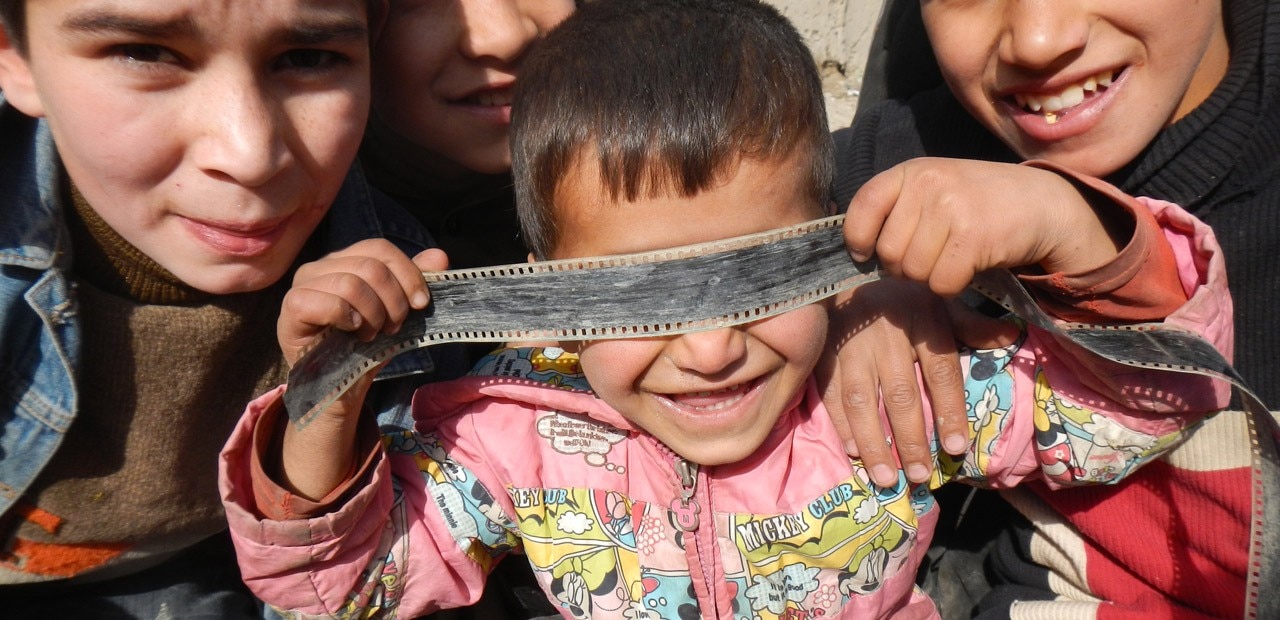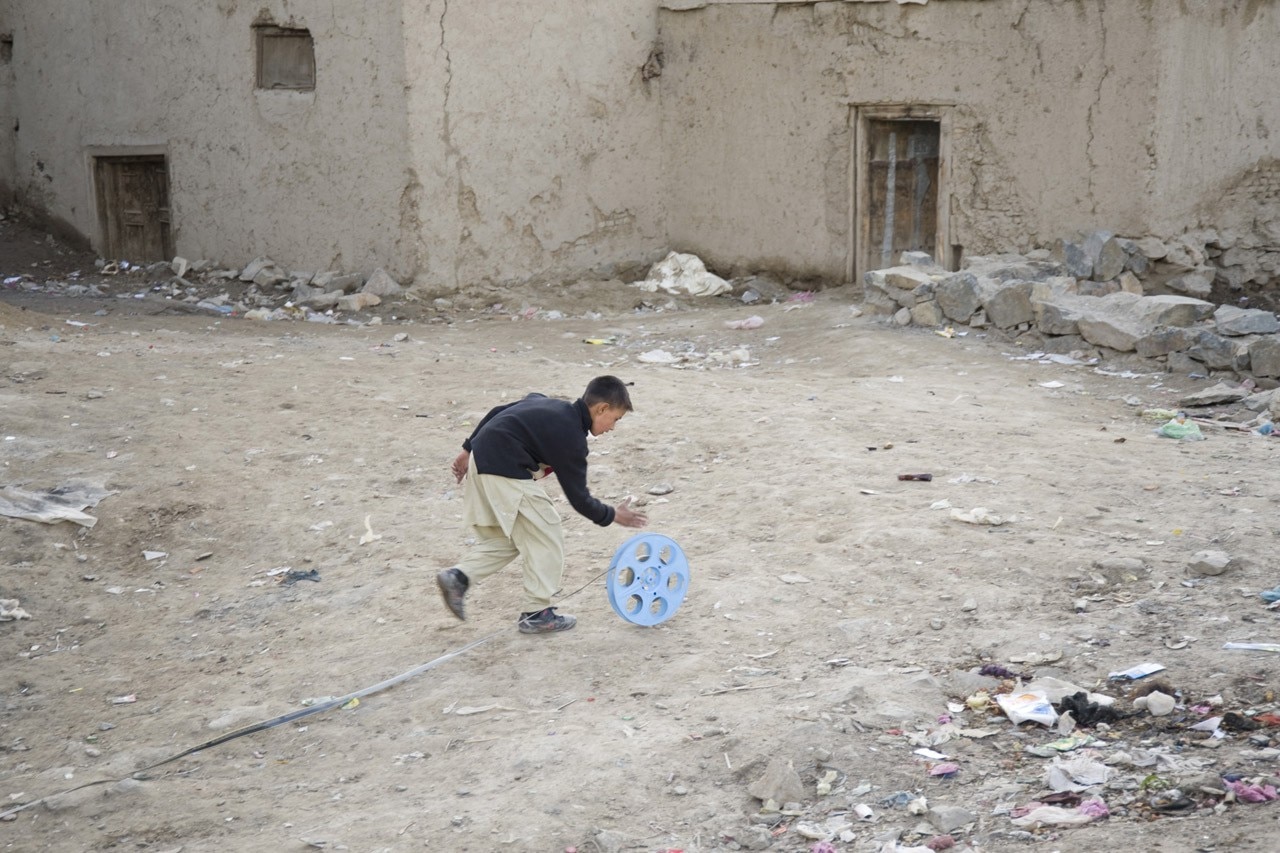
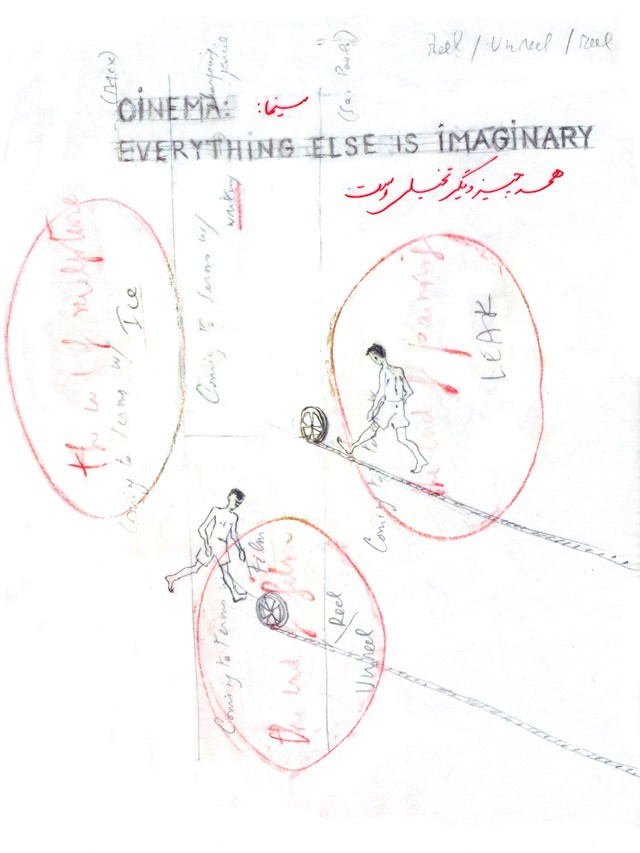
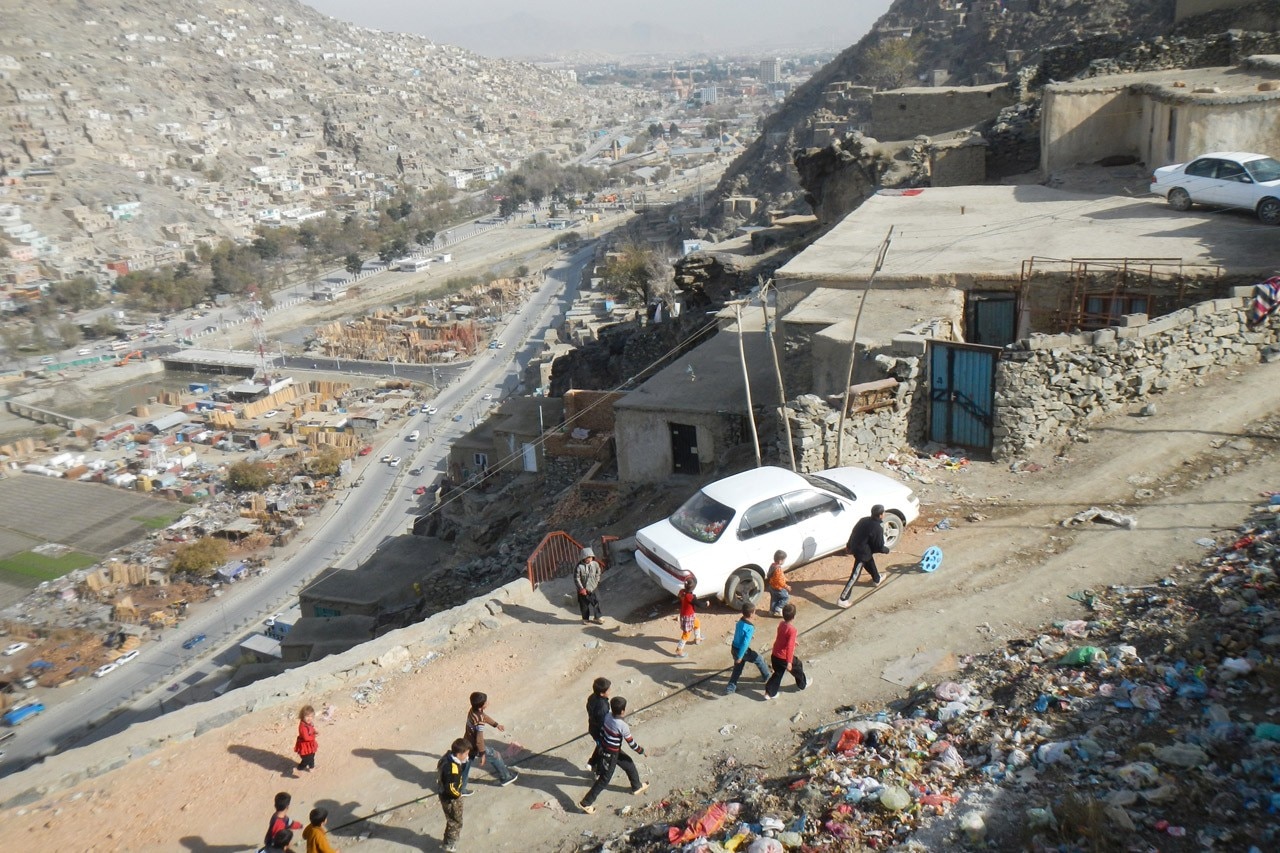
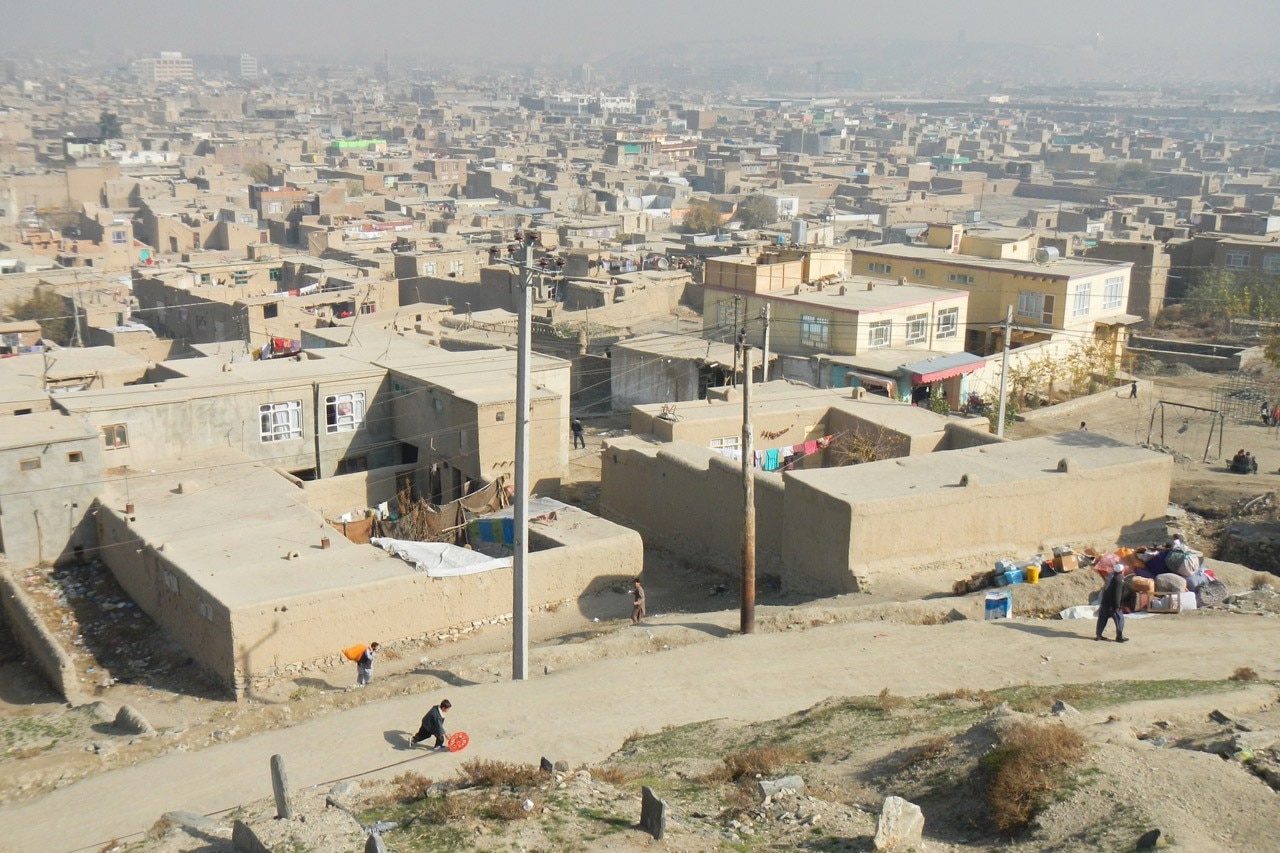
In this way the whole city of Kabul is transformed into an improvised movie set, and the gesture of playing into the three-dimensional projection of a film, which gets covered in dust and detritus, bearing with it, in the material impression on the film, the multiple memory of a community suspended between disintegration and reconstruction, memory and forgetting, past and future, drama and play.
Like the artist’s other works, Reel-Unreel evokes a dichotomy: on the one hand the gesture of unreeling and on the other of reeling which, in the joyful subversion of every urban rule (checkpoints ignored, rules of conduct disregarded), corresponds to the creation of an alternative narrative of the city of Kabul that brings out the contrast between the real image and the unreal one of contemporary Afghanistan, “reeled and unreeled” for the use and consumption of Western media in accordance with the journalistic, political and socio-economic agendas that for centuries, from the outside, have historically influenced our knowledge of this country, never truly understood by the West.
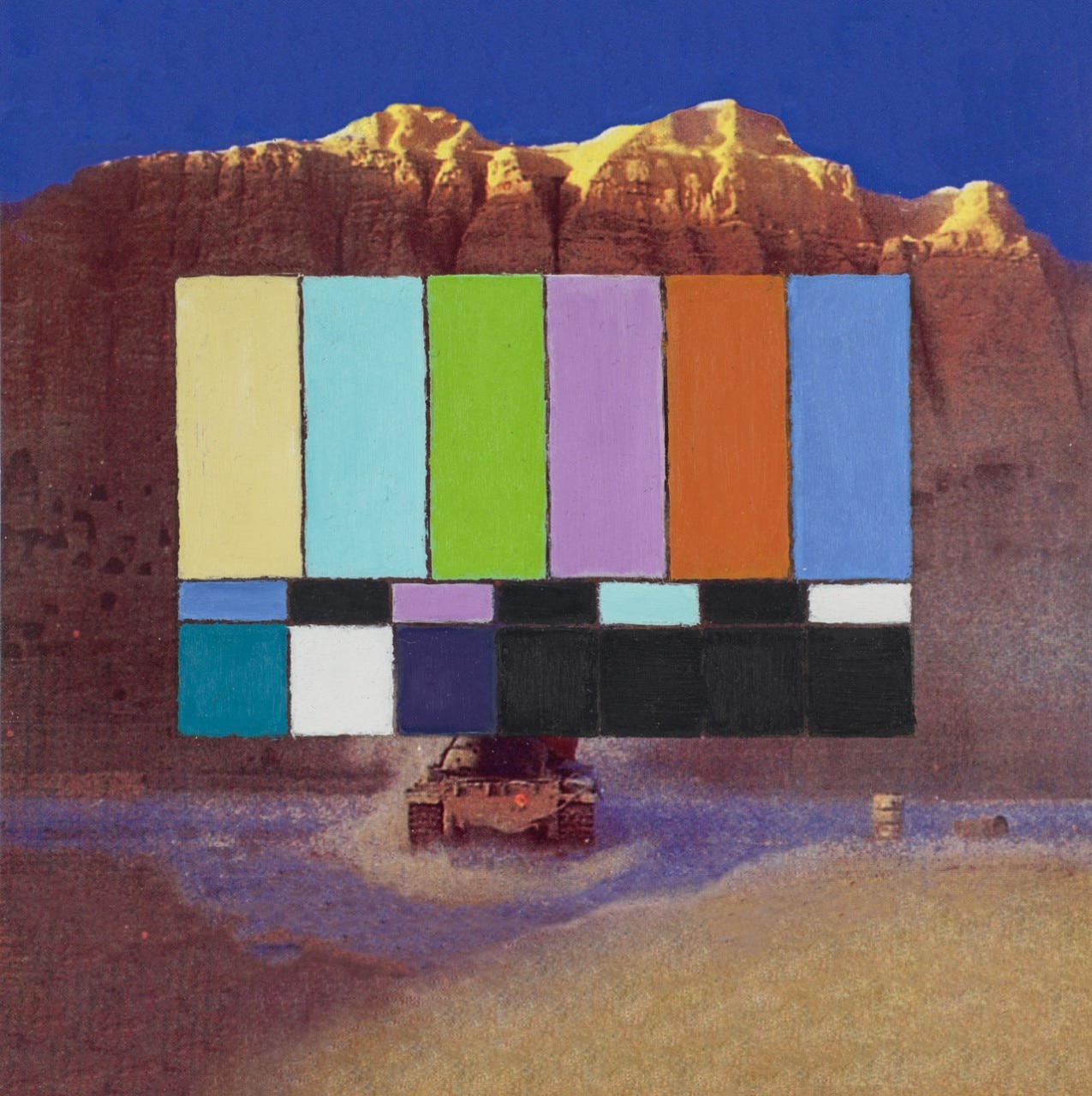
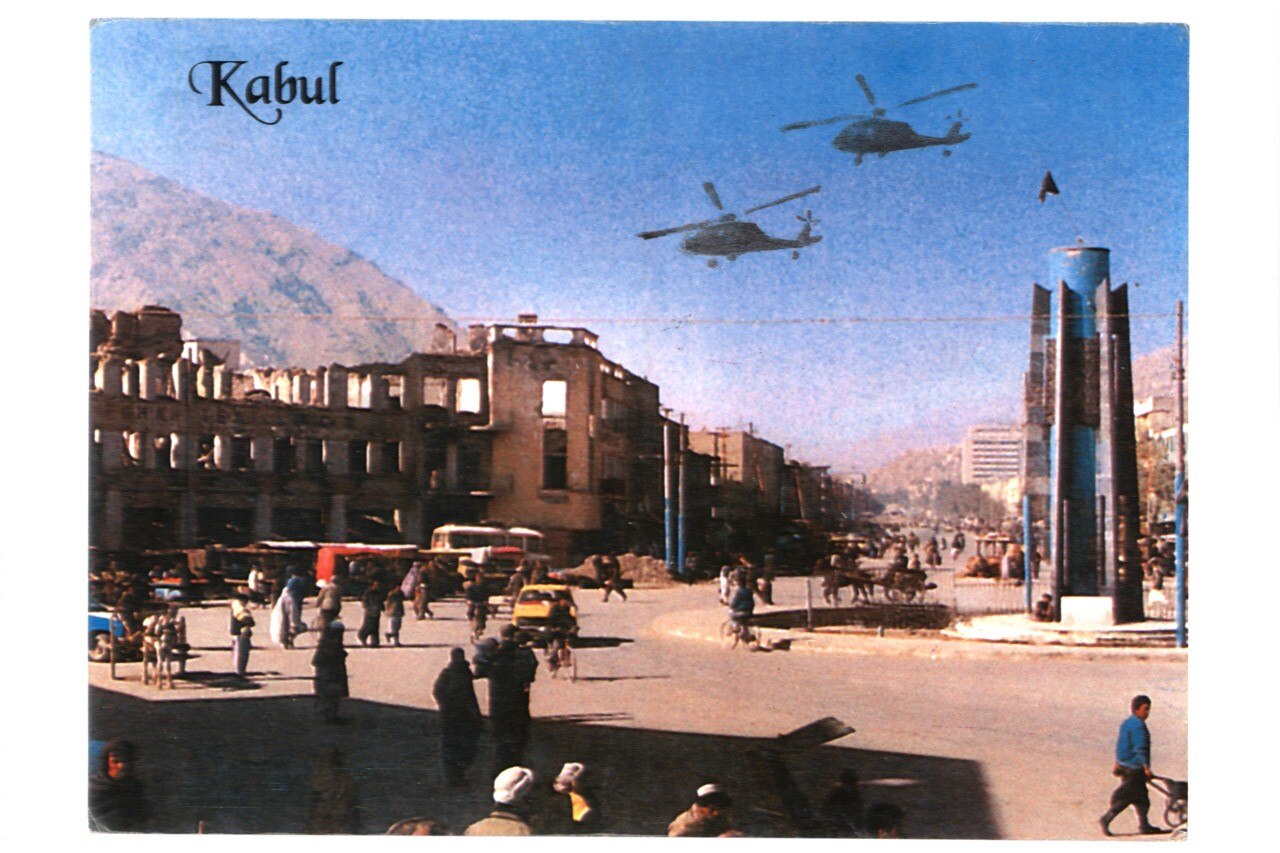
until September 22, 2014
Francis Alÿs
Reel-Unreel (Afghan Projects, 2010-14)
curated by Andrea Viliani, Eugenio Viola
in collaboration with Centre for Contemporary Art Ujazdowski Castle, Warsaw
MADRE
Via Settembrini 79, Napoli




